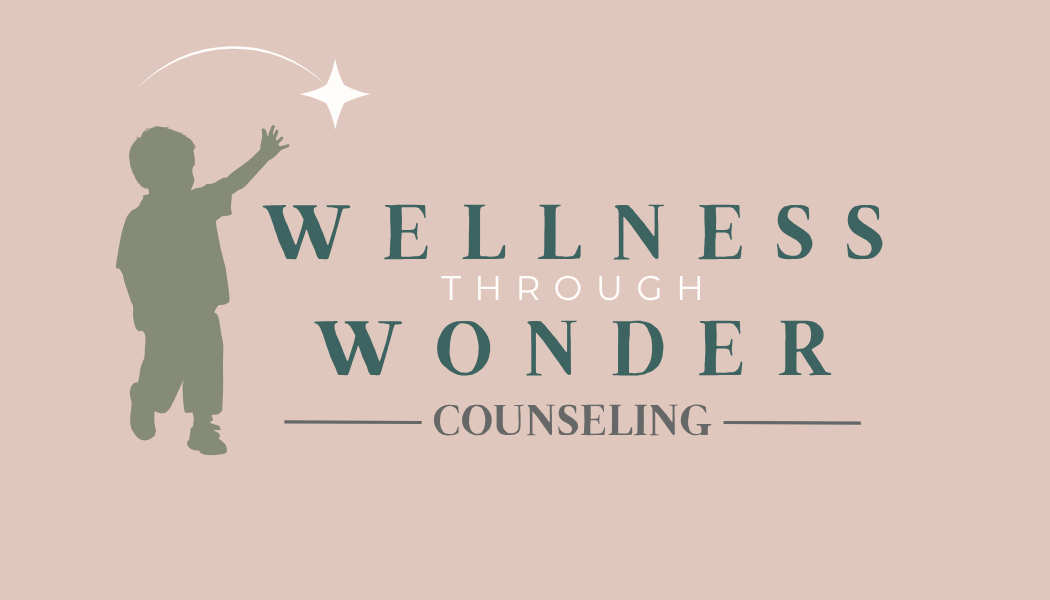Pediatric Counseling and Play Therapy
-
Play therapy is an evidenced based approach and a natural way for children to express their feelings, thoughts, and experiences—especially when they may not have the words to do so. Through play, children communicate in their own language, allowing therapists to understand their inner world and support healing in a safe, non-threatening environment.
Because play is how children make sense of the world, play therapy helps them process emotions, work through trauma or stress, and build important social and coping skills. It encourages creativity, self-expression, and problem-solving in a way that feels fun and engaging rather than intimidating.
By meeting children where they are developmentally, play therapy fosters trust and empowers them to gain confidence, emotional awareness, and resilience—laying the foundation for healthier relationships and emotional well-being as they grow.
-
Provides a safe, supportive space for children to express feelings and experiences they may not yet have words for
Uses play—the child’s natural language—to help them process emotions and make sense of their world
Helps children work through difficult emotions like anxiety, fear, sadness, and anger in a non-threatening way
Supports healing from trauma by allowing children to process traumatic experiences at their own pace
Supports emotional regulation, reducing outbursts and helping kids handle stress more effectively
Builds important social skills such as sharing, cooperation, and empathy for healthier relationships
Encourages creativity, problem-solving, and self-expression, boosting confidence and self-esteem
Offers parents insight into their child’s inner world and ways to support their healing and growth
Improves communication within the family and strengthens parent-child bonds
Lays the foundation for emotional resilience and well-being, helping children thrive now and in the future
-
Play therapy is an effective treatment for a wide range of emotional, behavioral, and developmental challenges that children may face. It is especially helpful when children struggle to express their feelings or experiences verbally. Some common issues and circumstances where play therapy can make a significant difference include:
Anxiety and fear
Depression and sadness
Behavioral problems such as aggression or defiance
Trauma and grief, including loss, abuse, or significant life changes
Stress related to family conflict, divorce, or relocation
Difficulty with emotional regulation and impulse control
Social challenges like difficulty making or keeping friends
Low self-esteem and self-confidence
Adjustment difficulties related to school or new environments
Sensory processing issues and developmental delays
By providing a safe and supportive environment, play therapy helps children explore and work through these challenges at their own pace, promoting healing, growth, and resilience.
-
Play Therapy is most appropriate for children ages 3-10, but can be modified to be included in work with older children as well. Using toys, games, and creative activities to help them explore their thoughts and feelings, this form of therapy is especially effective for children who may not necessarily have the verbal skills to express complex emotions.

